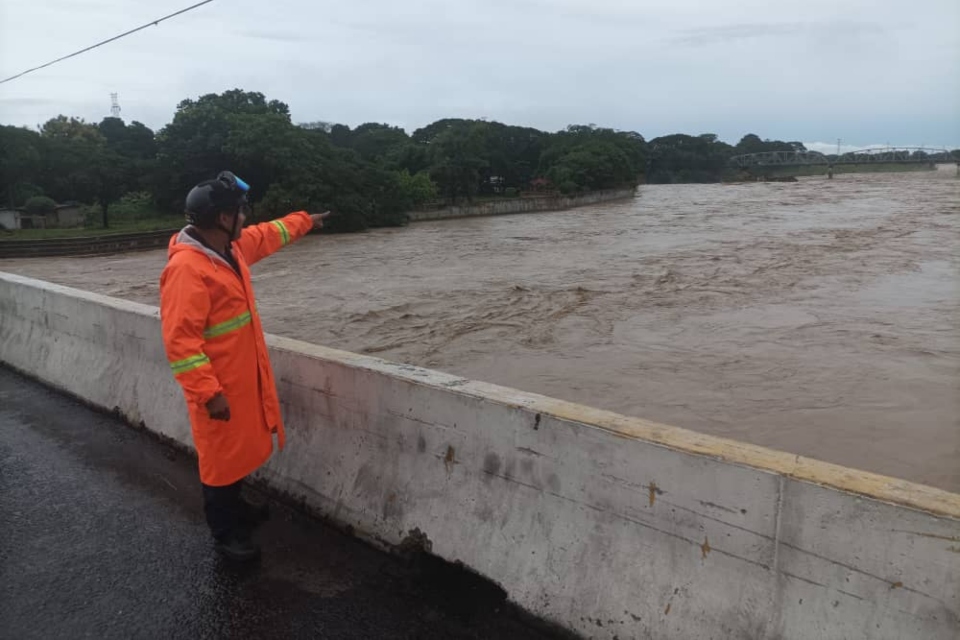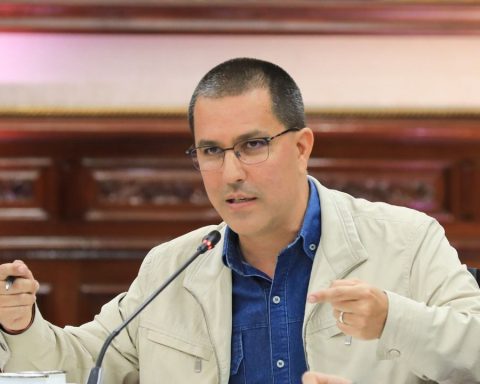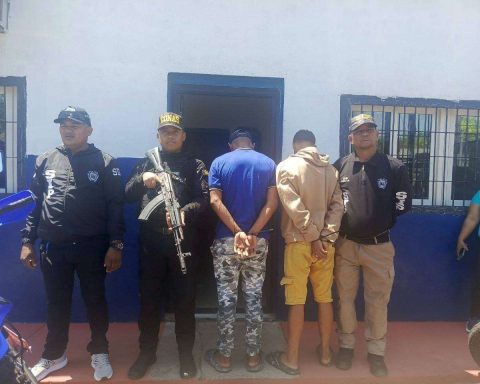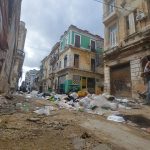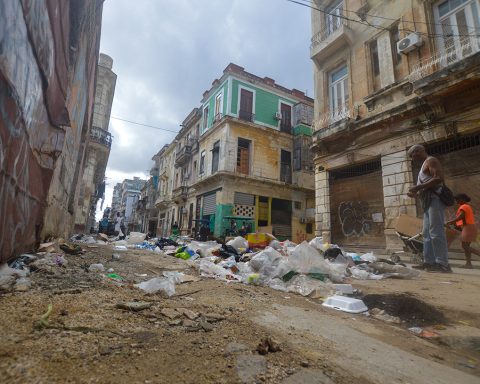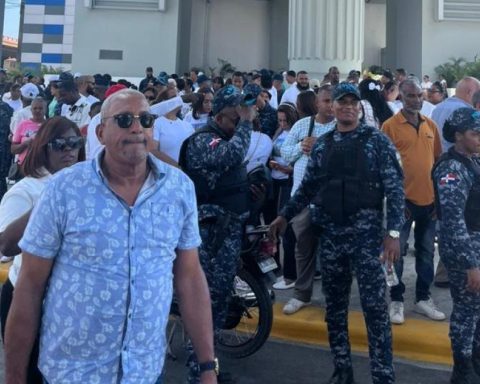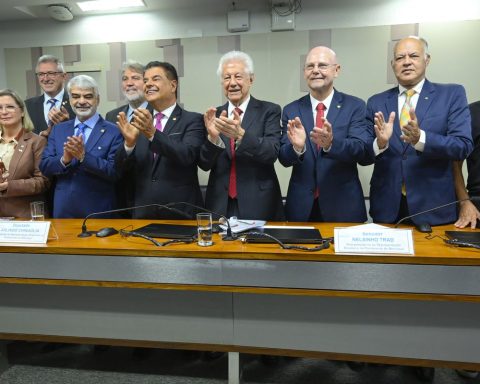Carlos Pérez Ampueda, Vice Minister of Risk Management and Civil Protection, said that 95% of the damages on Tuesday due to rains were “input and output” of water
The Vice Minister of Risk Management and Civil Protection, M/G Carlos Perez Ampuedareported that there are more than 16,000 officials deployed throughout the country due to the plan to deal with contingencies that arise from the rains.
This was stated by Pérez Ampueda in a telephone contact with VTVwhere he indicated that most of the affectations that were evident in the states of Barinas, Carabobo, Portuguesa, Trujillo and Mérida were from “entrance and exit of water”, that is, that only volume of the resource was seen and that it did not cause damage thanks to to the preventive work that has been done.
*Read also: Floods due to rains in Carabobo show inefficiency in risk management plans
He did say, however, that only four overflows of streams and rivers were recorded in the affected states that harmed eight families, who are now in temporary shelters in Barinas. He stressed that the water levels continue to drop.
While in the state of Zulia, they maintain constant monitoring of the situation in the southern area of the Lake due to a retaining wall that is not yet finished and that causes damage in the Sucre municipality.
Pérez Ampueda commented that the rainfall, with the rain plan, activates the higher risk states at municipal and state levels; which is nothing more than the joint work between the National Armed Forces and the National Risk Management System.
*Read also: Rains caused flooding in Barinas and Carabobo this Tuesday #30May
He stressed that with the staffs it is possible to know the vulnerabilities of the entities, locate them and make a risk map; which allows rapid action and take forecasts. For this reason, he explained, that 95% of the damages on Tuesday are from “entry and exit” of water.
Regarding Caracas, the Vice Minister of Risk Management said that the situation was monitored and stressed that there were no effects either; thanks to hydraulic works, solid waste management, packing, cleaning of streams and rivers.
He recommended citizens not to cross streets on foot or by car when there is a large flow of water and to be careful with trees and power lines, as well as asked drivers not to drive at high speed.
Post Views: fifteen
